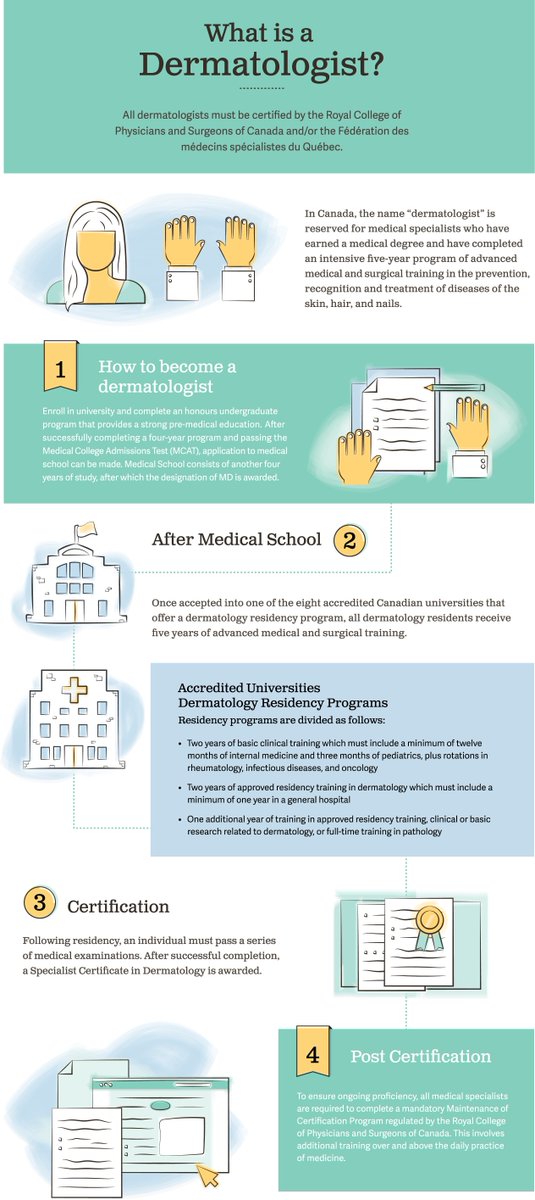Comparing Prescription And OTC Acne Treatments: Which Is Better?
Comparing Prescription And OTC Acne Treatments: Which Is Better?
Blog Article
Article By-Jansen Nance
Did you understand that almost 85% of individuals experience acne at some time in their lives? When you're faced with this common skin issue, making a decision between prescription and over the counter (OTC) treatments can be complicated. Each alternative has its own collection of advantages and disadvantages, which can considerably affect your skin's health. So, just how do you determine which treatment aligns ideal with your demands? Comprehending the key differences and what they indicate for your distinct circumstance might just hold the solution.
Secret Differences Between Treatments
When it pertains to acne treatments, understanding the key differences can make a substantial influence on your skin's health.
You'll find 2 main classifications: non-prescription (OTC) and prescription treatments. OTC options, such as benzoyl peroxide and salicylic acid, are readily available and tend to be less intensive. They usually work by unclogging pores and minimizing inflammation, making them ideal for moderate to moderate acne.
On the other hand, prescription therapies typically consist of stronger active components, like retinoids or anti-biotics, and are customized for much more extreme situations. These treatments typically need a skin doctor's advice, permitting them to target certain skin problems successfully.
The strength and solution of prescription choices can lead to quicker results yet might additionally feature a greater danger of side effects.
You must also consider your skin type and any sensitivities when choosing a treatment. For example, if you have delicate skin, OTC treatments may be a gentler beginning factor.
Inevitably, recognizing these differences aids you make notified options about your acne treatment journey and leads you toward more clear skin.
Benefits and drawbacks of Prescription Alternatives
Prescription alternatives for acne treatment included both benefits and disadvantages that you must weigh thoroughly.
One significant pro is their strength. Prescription medicines often have higher concentrations of energetic components, which can bring about faster and more effective results contrasted to over-the-counter (OTC) items. https://www.livemint.com/brand-post/dr-sergei-kalsow-is-known-for-providing-a-wide-range-of-cosmetic-surgery-11629723901476.html might also discover that prescriptions are customized to your specific skin kind and acne severity, offering a much more customized method.
On the other hand, these therapies can include considerable disadvantages. For one, they may have adverse effects varying from mild inflammation to extra major issues, which you need to check very closely.
In addition, prescription treatments can be much more costly, specifically if your insurance policy does not cover them. https://reconstructivesurgeon22210.blue-blogs.com/39299785/microneedling-aftercare-tips-for-ideal-recovery may likewise encounter challenges in obtaining a prescription, as it requires a visit to a doctor, which can be lengthy and inconvenient.
Benefits of OTC Therapies
OTC treatments often supply a practical and obtainable option for taking care of acne. You can conveniently discover these items in drug stores, grocery stores, or online, making them easily offered over the counter. This availability suggests you can begin your acne treatment whenever you require to, without awaiting a doctor's appointment.
An additional considerable benefit of OTC treatments is their affordability. Numerous non-prescription options are affordable, allowing you to explore various solutions without breaking the financial institution. You can attempt various products to see what works best for your skin kind.
OTC therapies additionally come in a selection of formulas, including gels, lotions, and cleans. This selection enables you to select an item that fits your way of living and preferences. Numerous consist of active ingredients like benzoyl peroxide or salicylic acid, which are effective in dealing with acne.
Last but not least, you have the freedom to change your regimen based on your skin's action. If one product isn't functioning, you can conveniently change to another without a lengthy consultation process. This versatility equips you to take control of your acne management trip.
Conclusion
Ultimately, selecting between prescription and OTC acne treatments really comes down to your distinct skin demands and circumstances. While prescriptions could look like the golden ticket for quick outcomes, OTC options use an even more obtainable path, allowing you take control of your skin care trip. Accept the flexibility of OTC products or consider the customized strategy of prescriptions-- in either case, you're taking a positive step towards more clear skin and improving your confidence along the road.
